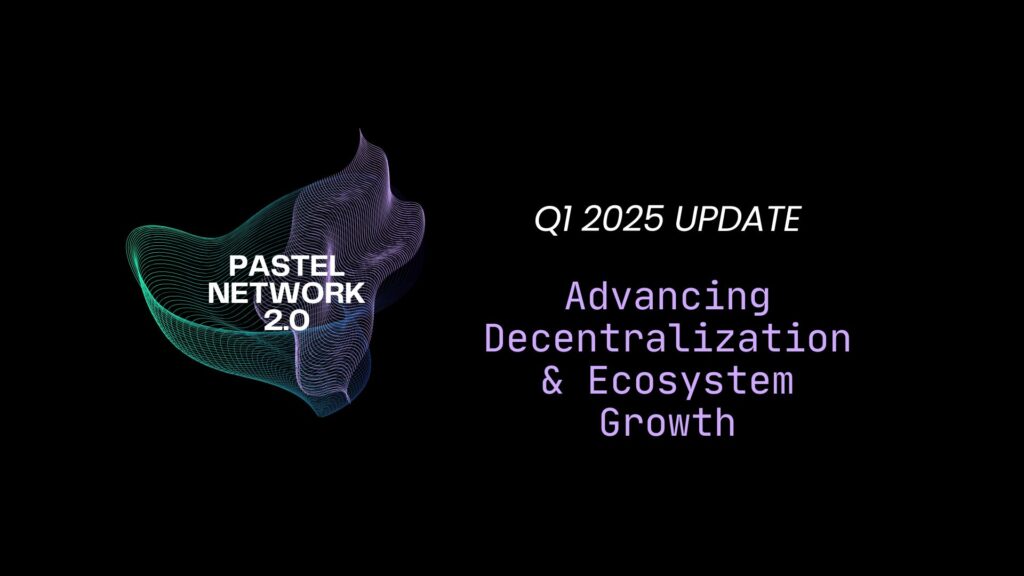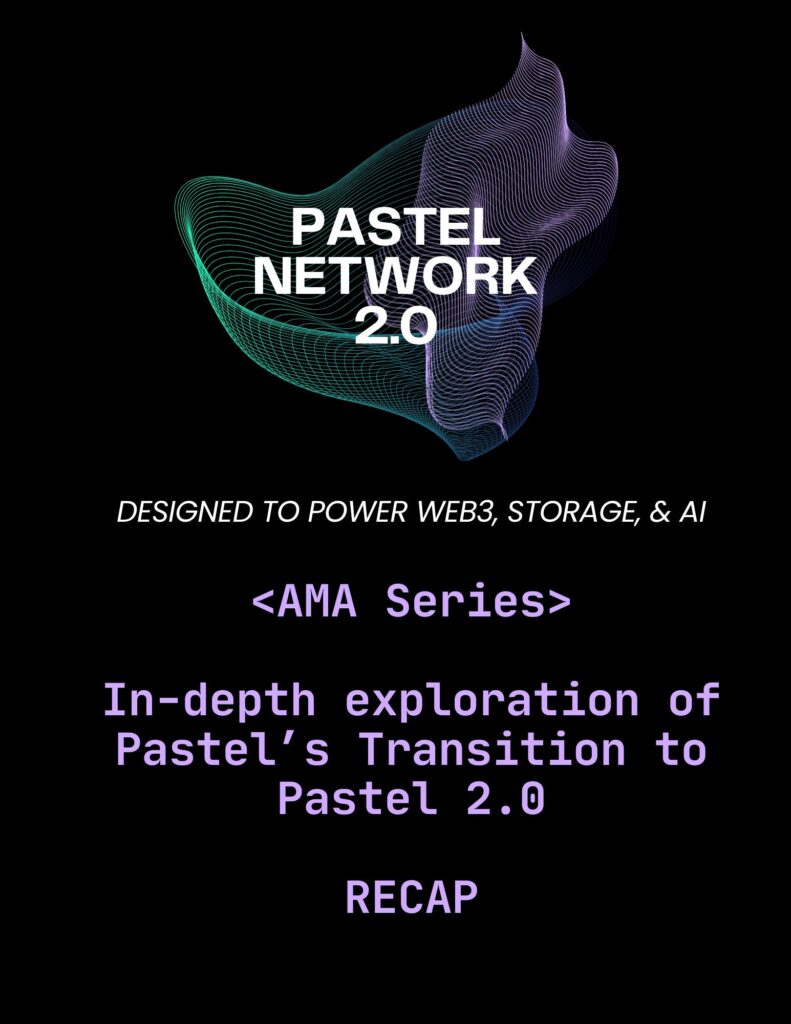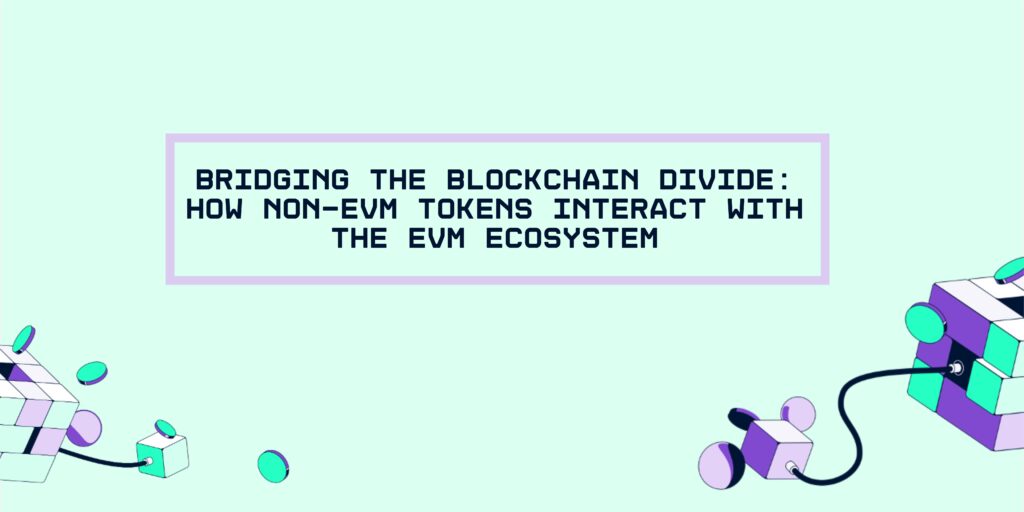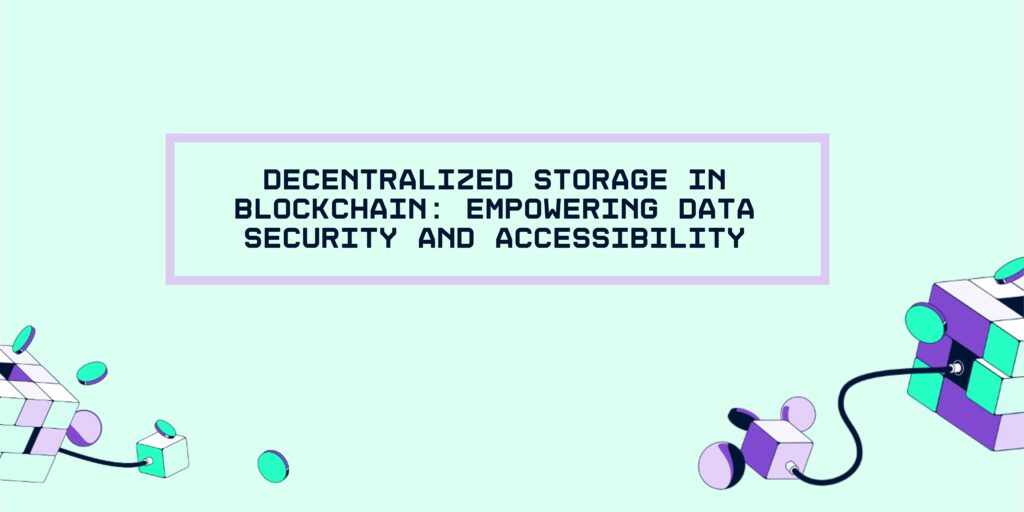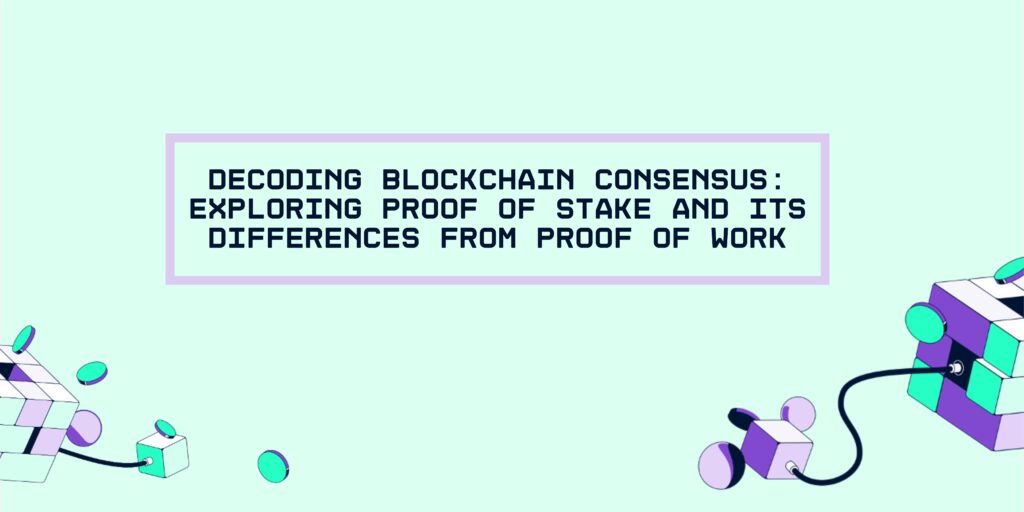Pastel Network is excited to announce its partnership with Nervos, which will be integrating Pastel’s Sense and Cascade protocol across its native NFT standard. This partnership signifies the continued successes of both Pastel and Nervos, and is a massive step forward for the overall NFT ecosystem. It is a testament to the growing need for NFT reliability, security and verifiability, solved via Pastel’s advanced infrastructure.
Backed by VC heavyweights including Sequoia Capital, Polychain Capital, and Multicoin Capital among others, Nervos provides readily interoperable solutions that will unlock the potential of Universal dApps. Nervos has partnered with and helped enhance a number of projects across the DeFi, NFT and Gaming sectors — such as Kollect.me (the first marketplace launched on the network), a gamified trading platform, a photo sharing social network, and an NFT creation and distribution platform.
The Nervos Network provides another much-needed solution for the blockchain space. Nervos allows enterprises to build and deploy decentralized applications (dApps) without committing their entire tech stack to the blockchain, allowing them to more easily scale their products. Nervos’s sophisticated hybrid solution, achieved by combining the advantages of a public blockchain and an application chain, has attracted many NFT projects that now stand to benefit from the network’s partnership with Pastel. Through this integration, NFT platforms built on Nervos will be able to leverage Pastel’s Sense and Cascade protocols to provide permanent storage and near-duplicate detection verification to their users.
“The NFT space is ripe with opportunity, but few projects are addressing the security and storage issues in the industry. With its innovative technologies, Pastel is solving many of these challenges and truly protecting users and digital assets on NFT dApps,†said Kevin Wang, co-founder at Nervos. “By integrating Sense and Cascade, Nervos will be able to offer security and reliability to developers and users working with NFTs in our ecosystem.â€
NFT security and storage integrity have become the primary issues affecting organizations across the NFT ecosystem. Scams and frauds are widespread while centralized storage is failing to provide adequate reliability. All layer 1 Blockchains and layer 2 Dapps are experiencing these road blocks and are on the search for solutions. Pastel provides them.
With Pastel’s Sense and Cascade protocols, organizations have the ability to prove authentication and certify the rareness of NFTs while having access to permanent and reliable storage via easily integrable, lightweight open-APIs. During Nervos’s
“Nervos’s technology changes the way users can interact with others via NFTs by granting them the ability to send, receive, and create NFTs with little-to-no fees,†explains Anthony Georgiades, co-Founder of Pastel Network. “We’re excited to provide the infrastructure that will allow Nervos and the many decentralized applications built on top of it to take advantage of their ever-growing opportunities in the NFT ecosystem by providing enhanced security and reliability.â€
How does the integration work?
Pastel Network has not only worked relentlessly to develop incredible infrastructure for the NFT ecosystem, but to also deliver it to network partners in a lightweight, seamless manner. Partners of the Pastel Network such as Nervos and along with other native blockchains or dApps are granted an API Key and Token, which is used to interact with a Pastel Network API Server. The API Key and Token makes requests to the Pastel Network API Server, running a Full Pastel Node signed by the Nervos PastelID.
During NFT minting on Nervos (such as via the NRC721 or another related standard), secure and authenticated (OAuth2) REST API calls are made via an API Server that passes the hash of the candidate NFT to Pastel Network. The return responses — 1) a JSON file with the relative rareness score in the case of Sense and 2) the SHA3–256 hash for the JSON file stored in Kademlia which itself contains the SHA3–256 hashes of the set of redundant copies of the JSON files in Kademlia — are signed by 3 randomly selected SuperNodes operating on the Pastel Network. Smart tickets write and store the outputs to the Pastel blockchain, which is returned to Nervos and included as additional Response fields in their own NFT standard.
Sense is near-duplicate NFT detection protocol on the Pastel Network, built to assess the relative rareness of a given NFT. Sense recognizes the most subtle similarities between two digital collectibles, even if one has been transformed. The protocol goes beyond the standard “digital fingerprint†approach to establishing the rareness of an NFT, and actually looks at the rareness of the pixel patterns in data. While digital fingerprints do allow users to verify that an NFT was created by a particular creator, this is a fairly weak form of rareness. Sense solves this problem by assigning a ‘Relative Rareness Score’ to quantify how rare an NFT is relative to all NFTs in the underlying dataset.
Sense leverages a number of pre-trained deep learning models to transform each NFT into a fixed list of over 10,000 numbers (the ‘NFT fingerprint vector’). It then assesses the correlation between a given fingerprint and the database of all existing fingerprints on Pastel and Nervos’s platform, other NFT marketplaces (e.g., Rarible, OpenSea), and open databases on the entire internet (e.g., Google) and outputs a relative rareness score — a number between 0% (i.e., the NFT is identical to a previously registered NFT) to 100% (i.e., the NFT is completely unique). Sense “sees through†superficial changes in the same way as a human eye, and, like a human, can recognize even the most subtle change in an NFT.
Cascade is a distributed storage protocol purpose-built for NFT metadata in a fully redundant, decentralized, and permanent manner. Pastel is the first NFT platform to have its own completely integrated, decentralized storage layer. Cascade is based on the advanced technologies of RaptorQ and Kademlia and ensures that users only pay once to store their data forever.
By leveraging the RaptorQ fountain code algorithm, Cascade begins by breaking each asset into a series of redundant chunks. Every chunk contains certain random fragments of the combined file which is distributed redundantly across participating SuperNodes running on the network. Two parameters control how the data is encoded into chunks: 1) size of each chunk and 2) desired redundancy factor. The sets of chunks are then randomly distributed across network nodes using Kademlia. No complex or centralized system for deciding which node is responsible for which chunk, no iteration through SuperNodes to find one with the relevant chunk, and no complicated logic for handling chunk re-allocation when SuperNodes enter and leave the network.
These first-of-their-kind protocols combat the most challenging of issues that every organization and individual is experiencing across the NFT ecosystem. Nervos clearly saw the need for next-generation solutions to help support its network and platforms. This partnership with Nervos is a prime showcase for what Pastel can offer to the entire space.
About Nervos Network
The Nervos Network is a collection of protocols and public blockchain ecosystem aiming to solve the biggest challenges facing blockchains like Bitcoin and Ethereum today.
The Nervos Common Knowledge Base (CKB) is the layer 1, proof of work, public permissionless blockchain protocol of the Nervos Network. It allows any crypto-asset to be stored with the security, immutability, and permissionless nature of Bitcoin while enabling smart contracts and layer 2 scaling. Its unique crypto-economic model is designed to better align the interests of users, developers, and miners as compared to first-generation blockchains.
For more information on Nervos, visit www.nervos.org.
About Pastel Network
Pastel is the world’s preeminent protocol standard for NFT technology. Pastel also allows for the development of third-party applications to sit on top of its Network, enabling developers to enjoy the scalable registration features, storage processes, and security of the broader ecosystem. Lightweight protocols such as Sense — which was built to assess the relative rareness of a given NFT against near-duplicate metadata — and Cascade — which conducts permanent, distributed storage of underlying NFT data — can be integrated across any native L1 blockchains or L2 marketplaces.
Pastel is an entirely native blockchain supported by SuperNodes, which provides computational resources to the network to support asset registration, distribution, and permanent storage. Pastel is managed by world-class developers, cryptographers, and technologists, supported alongside an experienced and extensive network of marketers, influencers, and third-party agencies. Pastel is backed by key stakeholders including Innovating Capital, a prominent venture fund.
This article was first published by our team here.

